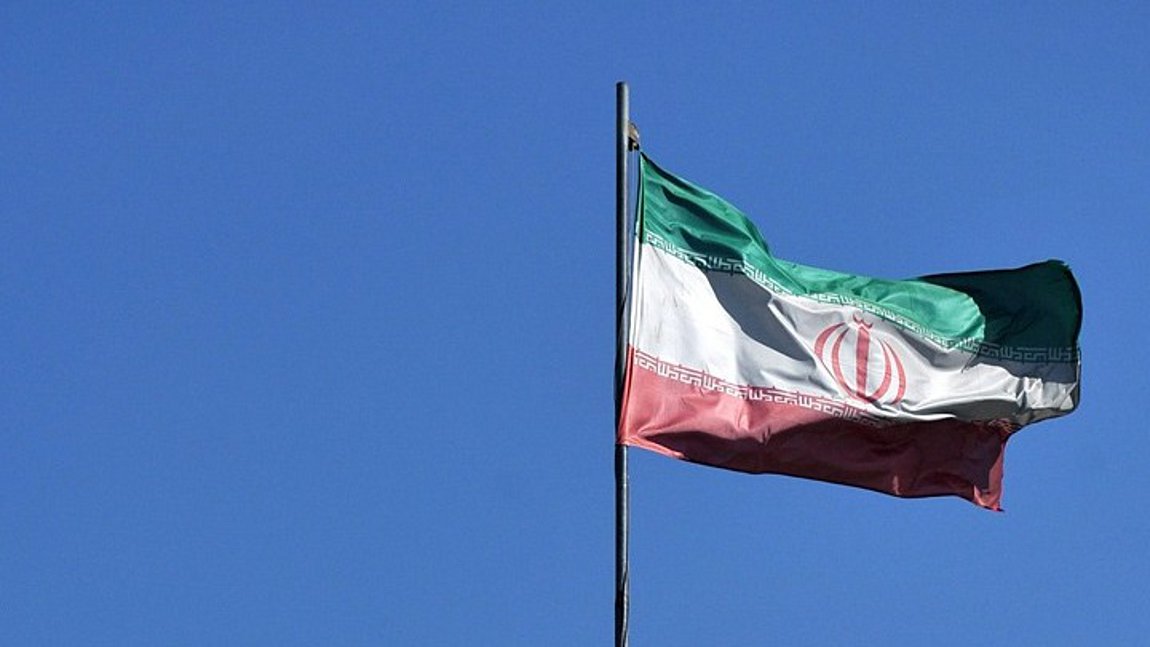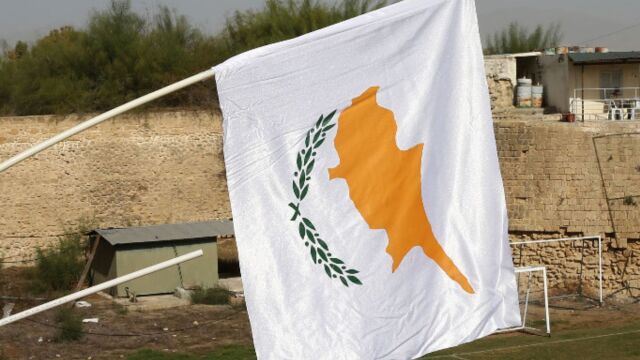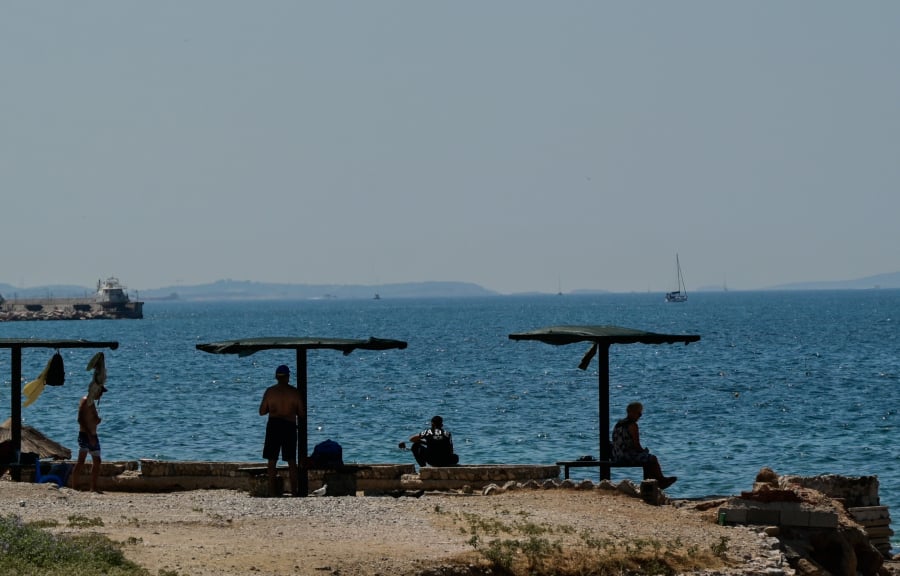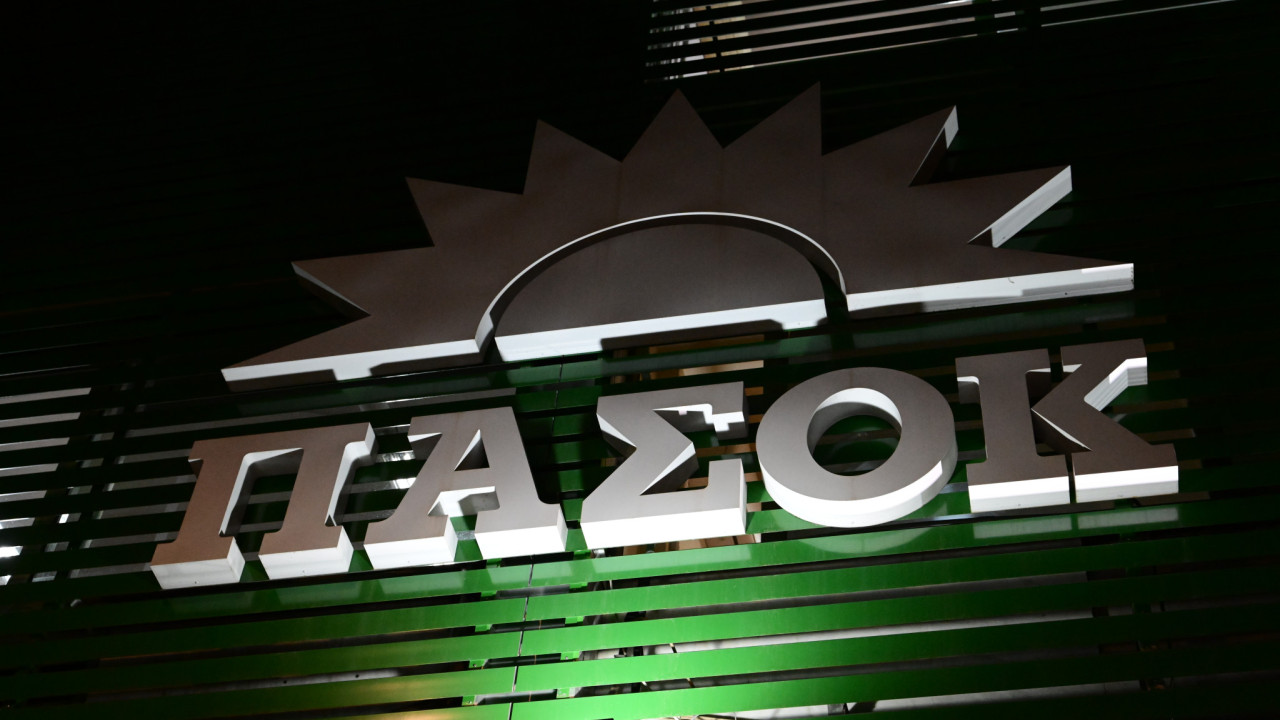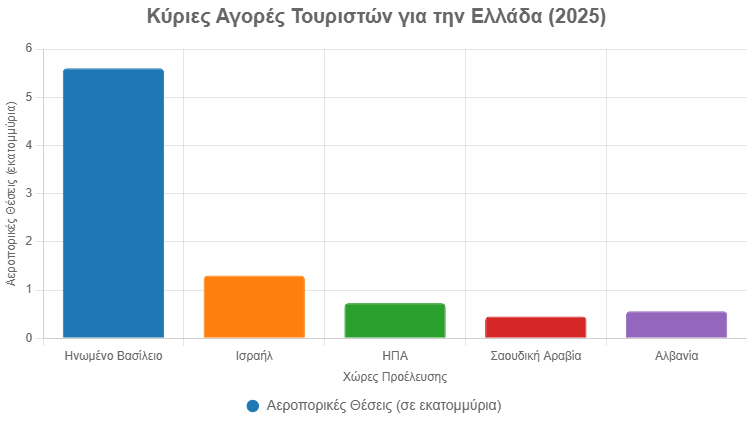Mitsotakis Government Under Fire as Libya Challenges Greece’s Maritime Boundaries South of Crete with Official Note to UN
Libya has officially challenged Greece’s maritime claims in the Eastern Mediterranean, submitting a diplomatic note to the United Nations that disputes the boundaries Athens has drawn south and west of Crete for hydrocarbon exploration. The move marks a significant escalation in tensions between the two countries, as Libya asserts rights to areas that Greece considers part of its Exclusive Economic Zone (EEZ).
The note, sent from Tripoli on June 20 and published by the UN on July 3, takes direct aim at Greece’s recent decision to open four offshore blocks near Crete and the Peloponnese for international energy exploration. Libya argues that the Greek demarcations infringe on zones it considers its own, referencing the contentious Turkey-Libya maritime agreement signed in 2019. In the attached maps, Libya proposes a boundary that aligns with this agreement, effectively erasing any Greek EEZ south of Crete.
While Libya’s communication acknowledges that the area is the subject of an “unresolved dispute” between the two countries, it also labels the waters as “Libyan maritime zones” and characterizes Greece’s actions as a unilateral attempt to impose facts on the ground. The document warns that these actions violate Libya’s sovereign interests and declares them “unacceptable.”
Greek diplomatic sources responded by confirming that an official reply will be submitted to the UN. They argue that Libya’s note presents no new legal arguments and reiterate Greece’s rejection of any claims based on what it describes as a legally invalid and groundless maritime agreement with Turkey. Athens maintains that its actions are consistent with the United Nations Convention on the Law of the Sea and that it remains open to negotiations with Libya when conditions permit.
The issue has sparked a wave of domestic political reaction in Greece. The opposition PASOK party accused Libya of acting in lockstep with Turkey and urged the Greek government to respond “firmly and decisively.” Its foreign affairs spokesman, Dimitris Mantzos, stated that Tripoli no longer pretends to respect Greece’s proposed median line and is instead directly challenging national sovereignty. He called on Athens to push back against what he termed “map games,” warning that both Tripoli and Benghazi — the latter increasingly aligned with Turkish interests — pose a threat to Greek rights in the region.
SYRIZA, the main left-wing opposition party, issued a scathing statement accusing the government of lacking a coherent foreign policy. It argued that the current administration’s piecemeal, personalized approach to diplomacy has led to repeated setbacks and a weakening of Greece’s position internationally. SYRIZA claimed the Libyan démarche reflects a broader pattern of Athens retreating on sovereignty issues, both in its dealings with Libya and with Turkey.
The Communist Party (KKE) also weighed in, saying the Libyan note reveals the failure of the Greek government’s previous assurances that Libya would not contest its EEZ claims. It framed the development as evidence that Greece’s alignment with broader Western strategic interests has not secured its own territorial rights but rather compromised them.
The diplomatic note from Libya follows closely on the heels of Greece’s June 12 announcement of a new round of exploration licensing in the Eastern Mediterranean — a move that has drawn interest from major international energy companies. The Libyan objection, lodged just days later, underscores how high the geopolitical stakes remain in the region’s overlapping claims to natural resources.
Content Original Link:
" target="_blank">


